
The right skills to nurture a green automotive industry
The creation of economic opportunities across the European borders is one of the biggest challenges faced by cross-border cooperation. Projects seek to foster business and to help people improve their skills, with benefits for all communities on both sides of the European frontier.

The right skills to nurture a green automotive industry

Saving tree crops from pests
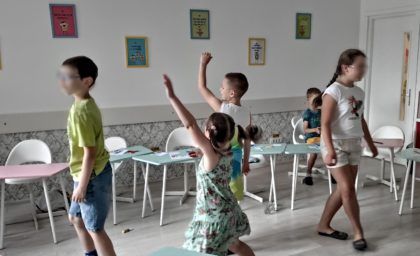
SUCEAVA – Back to the future. As other projects overturned by the war, also SMART4YOUTH has resumed normal activities, and on 21-23 September a “film festival” will feature the videos produced by Romanian and Ukrainian youngsters after attending project’s workshops. At the same time, partners don’t let go of the refugees, and keep running the “mothers support group”, whilst their kids are busy with languages and arts at the “clever children” centre: altogether, about 300 people are still benefitting from this support in the region. It is definitely a busy time for the cooperation between Romania and Ukraine, whose reality is heartedly described by Vasile Gafiuc, manager of SMART4YOUTH and president of the Association of Community Development Consultants (ACDC).
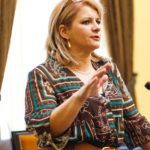
When common roots inspire solidarity

The new generation of entrepreneurs

Youth speaking the universal language of sustainability
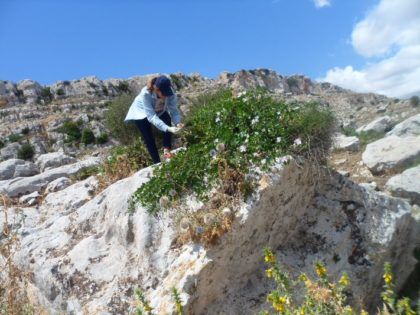
Roses, oregano, asparagus and capers…these are indigenous species in the Sicilian and Tunisian territories, they grow naturally in marginal lands, they do not require chemical inputs and do not demand much water. In addition, they have lots of nutritional and medicinal properties. Why then not grow them more profitably and sustainably? What if we transformed them and created other products? Creams, essential oils, perfumes… This is exactly what the ESPAS project is pursuing. Funded by the Italy-Tunisia ENI CBC programme, this partnership wants to revalorise autochthonous species in Sicily and Tunisia, to diversify their uses and to provide farmers and enterprises with more business opportunities. But how? Keep reading!
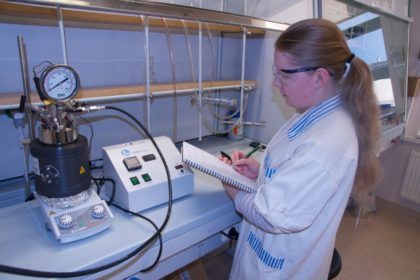
From fossil to bio-based plastic to reduce carbon dioxide emission, ensure sustainable sources and increase recycling. This change is crucial for ending plastic waste and heading towards circular economy. It is a joint effort – regardless of borders and ideologies – where every single action counts. The BioStyrene project, funded by the Estonia-Russia CBC programme, has its own innovative recipe for contributing to the global fight against fossil-based plastics…
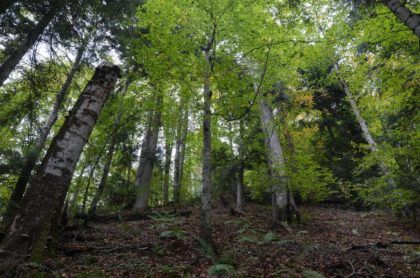
Deadwood may seem damp, sterile, an unhygienic source of infection, something to be removed. However, the reality could not be more different. Decaying wood logs, dead and old trees host multiple microorganisms, they help the forest to better resist diseases, they increase its resilience to climate change. They also capture carbon emissions and conserve biodiversity. For these reasons, keeping the deadwood in the forest can bring multiple benefits. The RESFOR project, an initiative co-funded by the Romania-Ukraine ENI CBC programme, is raising knowledge and promoting good practices in “deadwood management”. A novel concept, very little explored in the forestry sector of the cross-border region, but yet very important for the resilience of the forests, some of which represent one of the last old-growth forest reserves in Europe, and have been included as such in the World Heritage List of UNESCO.